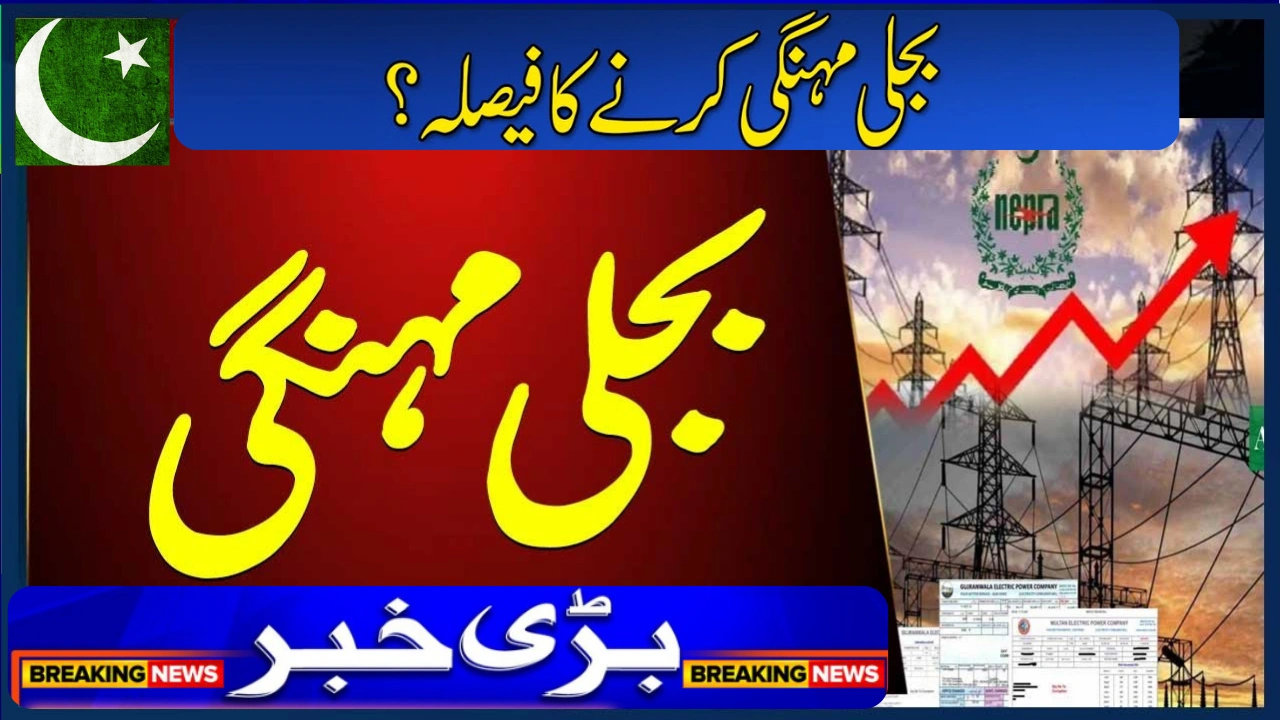Government Decides to Increase Electricity Prices in October 2025
The Government of Pakistan has confirmed a major increase in electricity prices starting from October 2025. Consumers will see a net hike of Rs. 1.98 per unit, following changes in the monthly Fuel Cost Adjustment (FCA). This decision will impact households and industries across the country as power bills are set to rise significantly in the coming month.
Why Electricity Prices Are Increasing in October 2025
According to officials, the negative FCA of Rs. 1.79 per unit, which gave consumers some relief in September, will no longer apply. Instead, a positive FCA of Rs. 0.19 per unit for August has been approved. Combined, this leads to a net increase of Rs. 1.98 per unit in October 2025 bills.
Also Read: Pink E-Taxi Scheme in Sindh 2025 – Women-Only Taxi Service Starting Soon
The Central Power Purchasing Agency (CPPA-G) explained that the reference fuel cost for August was Rs. 7.31 per unit, but the actual cost of power generation rose to Rs. 7.50 per unit, creating a difference that must now be recovered from consumers.
Impact on Households and Industries
The increase means that millions of residential consumers will face higher monthly bills. At the same time, industrial electricity tariffs are already climbing, with costs for industries reported to have risen from Rs. 29 to Rs. 35 per unit after the end of the prime minister’s relief package.
Consumer groups have expressed concern about additional taxes and surcharges layered on top of the tariff increase. Currently, a general sales tax (GST) of Rs. 0.60 per unit is applied along with a Rs. 3.23 per unit surcharge, which the federal government is using to repay bank loans worth over Rs. 1,200 billion.
What NEPRA and the Government Say
The National Electric Power Regulatory Authority (NEPRA) has reviewed the petition and allowed the recovery of these additional charges in October 2025 bills. Officials stated that the increase is partly due to lower hydropower generation in August, which forced reliance on costlier imported fuels such as coal and RLNG.
At the same time, the federal government has announced exemptions for flood-affected areas, assuring that the cost of these exemptions will not be shifted to other consumers but covered by the state.
Conclusion
The confirmation of the electricity price hike in Pakistan for October 2025 has sparked nationwide discussion. With households facing rising bills and industries struggling with increased costs, the decision highlights the pressure of fuel imports, taxes, and loan repayments on the power sector. Consumers are advised to prepare for higher bills as the adjustment takes effect from October 1, 2025.


